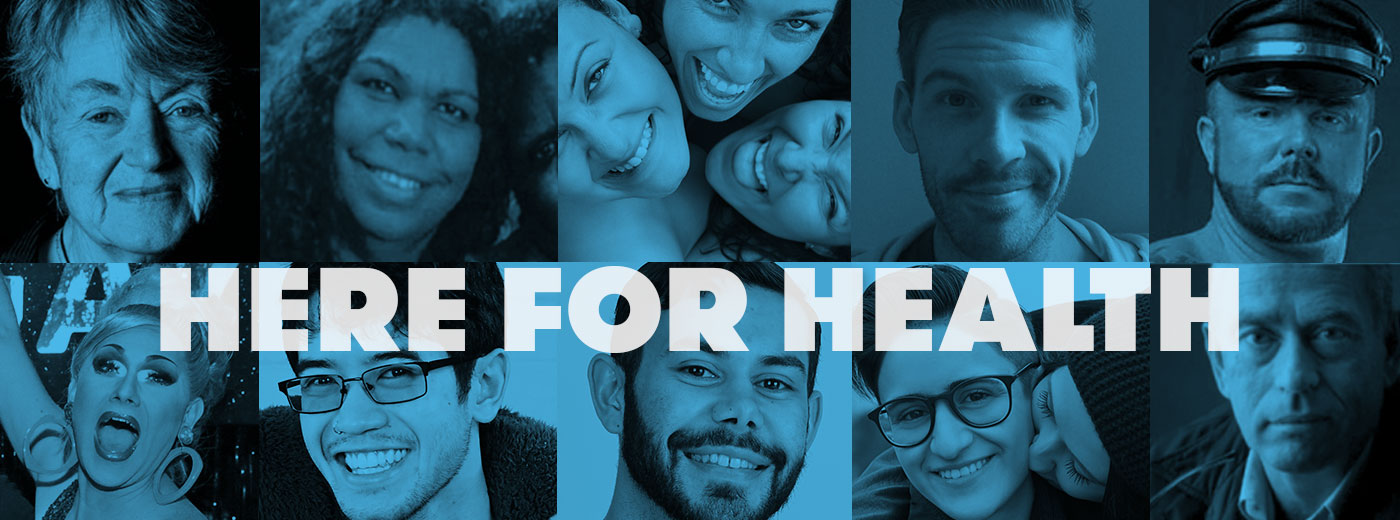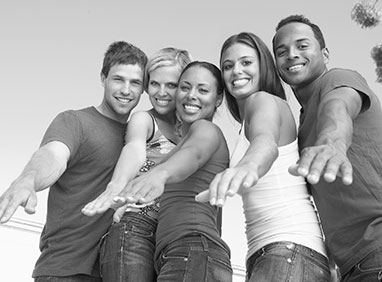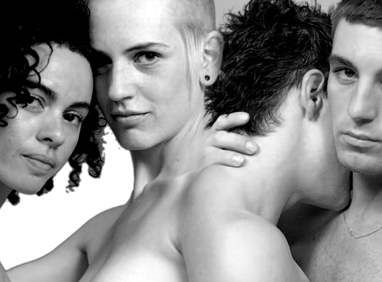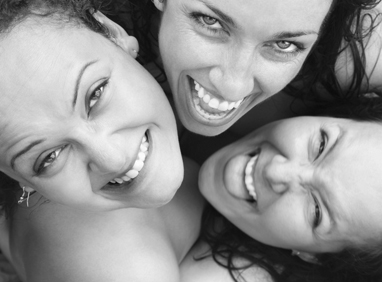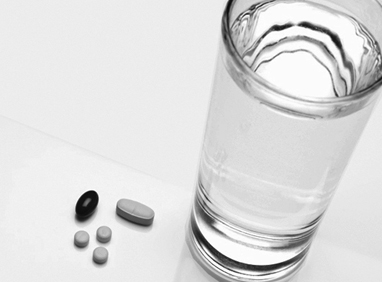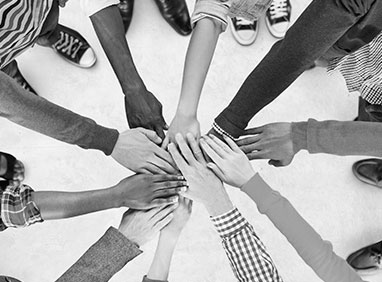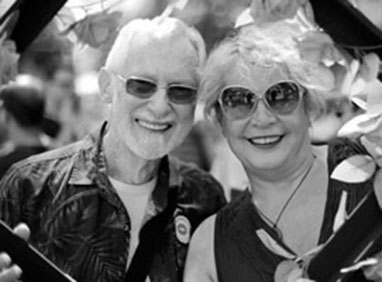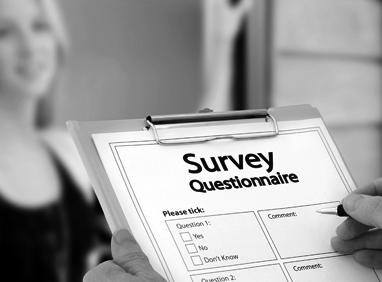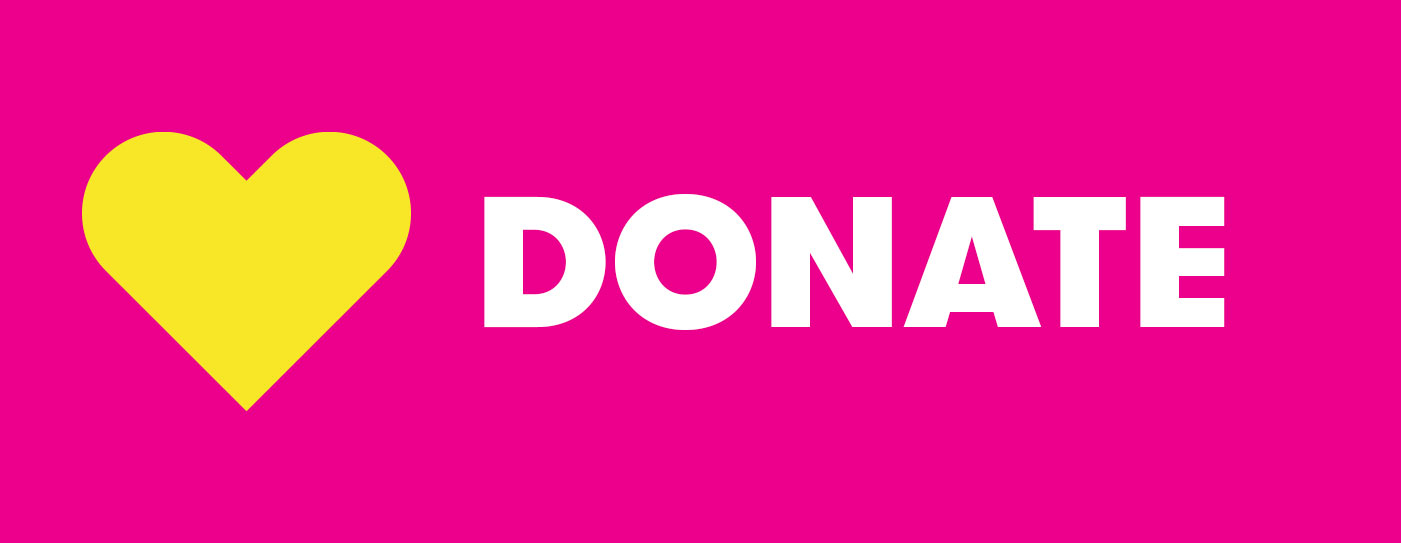We’re here to help LGBTQ+ people take steps to prevent their risk of cancer.
Can We is ACON’s conversation on cancer for LGBTQ communities.
Research has revealed that lifestyle factors such as higher rates of drinking and smoking, plus lower cancer screening rates, are putting LGBTQ+ communities at a greater risk of cancer than the general population. But together, we can do something about this.
Canwe.org.au is a platform created by ACON, to help our communities stay healthy and reduce our risk of cancer.
Cancer Basics
What is cancer?
Cancer is a term used for diseases in which abnormal cells divide without control and can invade nearby tissues. Cancer can affect any part of the body. Although no two cancers are the same, all cancers have one thing in common. Every cancer starts when some cells in the body become abnormal and grow and multiply out of control.
How can you reduce your cancer risk?
A cancer risk factor is something that can increase your chance of getting cancer. You can change some by leading a healthy and active life. This includes drinking less alcohol, maintaining a healthy weight, eating healthy, being more active, protecting your skin and quitting smoking. 1 in 3 cancers can be prevented through these healthy lifestyle changes.1 There are some risk factors you cannot change like your age and genetics.
(1 Whiteman, D., Webb, P., Green, A., Neale, R., Fritschi, L., & Bain, C. et al. (2015). Cancers in Australia in 2010 attributable to modifiable factors: summary and conclusions. Australian And New Zealand Journal Of Public Health, 39(5), 477-484. doi: 10.1111/1753-6405.12471)
Why is it important to screen for cancer?
Cancer screening can save lives.
Screening programs look for early signs of cancer or indications that a person is more likely to develop the disease in the future. In most cases, early detection improves patients’ chances of successful treatment and can also mean a greater range of treatment options is available.
National screening programs are available for breast cancer, bowel cancer and cervical cancer.
LGBTQ Communities and Cancer
Research has revealed that lifestyle factors such as higher rates of drinking and smoking, plus lower cancer screening rates, are putting LGBTQ communities at a greater risk of cancer than the general population. But together, we can do something about this. Can We is designed by ACON, to help each other stay healthy and reduce our risk of cancer. We’re here to help our communities look after ourselves and out for each other.
Cancer Prevention and Screening
Bowel Cancer
When it comes to bowel cancer screening in our community, we need to get our kit together. If detected early, more than 90% of cases can be treated successfully.
Breast Cancer
Anyone with breast tissue can get breast cancer regardless of family history, gender identity or sexuality. Join our united front against breast cancer, book a screen today.
Cervical Cancer
Did you know that LGBTQ people are less likely to screen for cervical cancer than the general population? Everybody with a cervix is at risk of cervical cancer. If you have a cervix, you need to screen.
Everybody attending for a Cervical Screening Test can chose if they would like their clinician to collect their sample or if they would like to collect their own sample.
Find everything you need to know about cervical screening, including HPV and the Cervical Screening Test, how to book your test and the choice of testing options available.
Smoking Cessation
Your next quit smoking attempt could go the distance.
Did you know smoking rates are higher for LGBTQ+ communities than the general population? Quitting cigarettes can be difficult (like your ex!), but every quit attempt is a step closer to stopping smoking for good.
Finding the right method for you is so important in your quitting journey. Find out more about This Could Be The One.
Alcohol And Cancer Risk
In LGBTQ+ communities, enjoying a few drinks often feels like a natural part of the scene. Alcohol can seem woven into the very fabric of our rainbow communities.
But here’s the thing – sometimes, we might be sipping more than we realise. LGBTQ+ people tend to drink more alcohol than the rest of the population, putting us at greater risk of alcohol-related cancers and other health issues.
Find out more by checking out Be Unapologetic a health promotion campaign by ACON’s Can We project. It focuses on what it means to live unapologetically featuring LGBTQ+ community members Benjamin Law, Kelly Lovemonster, Kirsty Webeck, and Rudy Jean Rigg, in their unapologetic style, talking about making bold choices to lower alcohol consumption. These messages are about being comfortable in your skin, making healthy choices, and celebrating authenticity.
Know Yourself – Your Cancer Risk Quiz
Understanding your risk of cancer is a positive step towards staying healthy. Take the quiz to get personalised cancer risk information for you and your body. Take the quiz!
